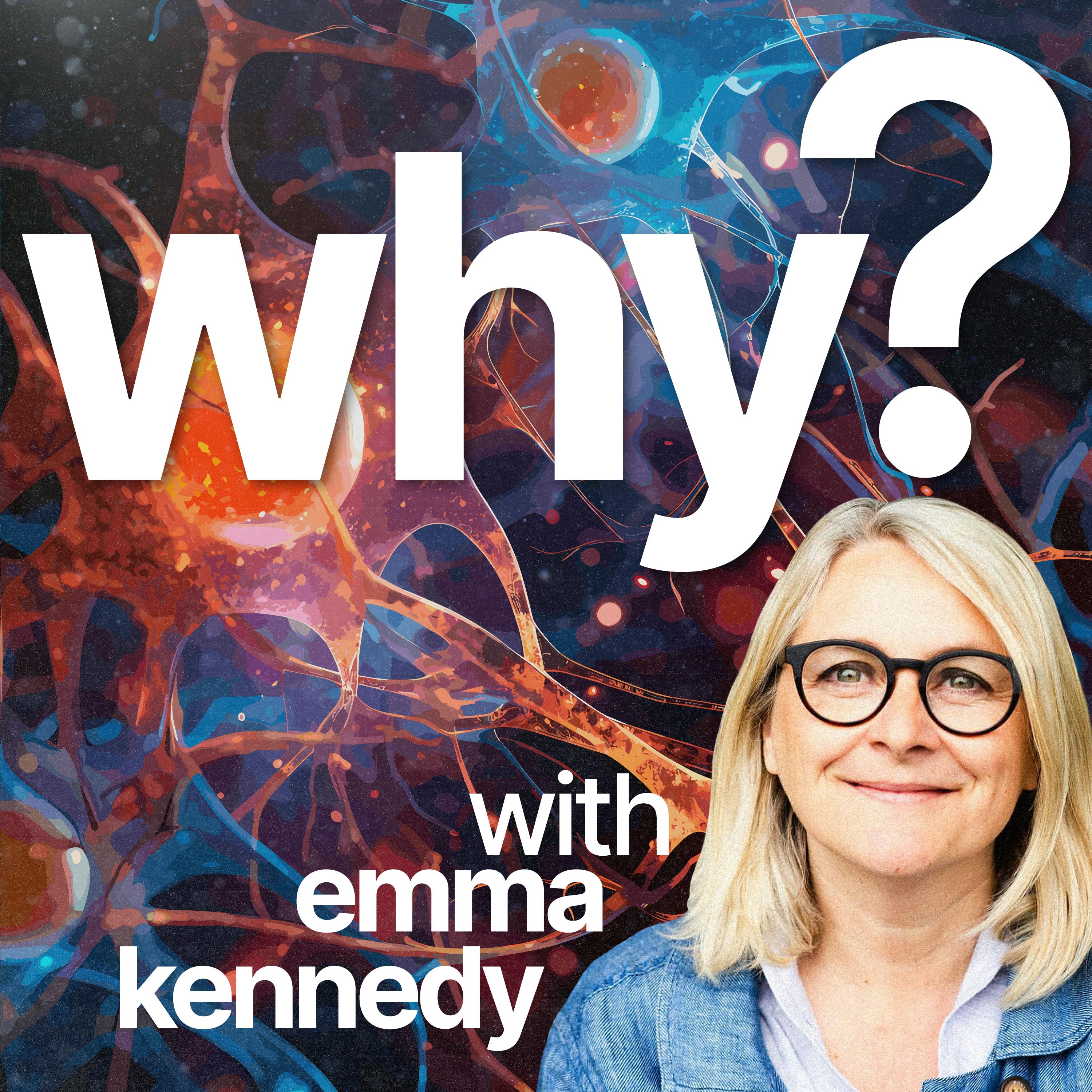How can I control my dreams?
Description
If you could control your dreams, what would you do while you slept? Fly? Get romantic with some unattainable object of desire? Or embark on a fantasy odyssey with no equivalent in reality? Lucid dreams – where we know we’re dreaming and we can control what we do – come to many of us at some point in our lives. But can we learn how to do it? And does lucid dreaming have real-world benefits beyond just being loads of fun?
Olly Mann talks to Mark Blagrove, Professor of Psychology and Director of the Sleep Lab at Swansea University, all about the science of lucid dreaming.
• “Lucid dreaming gives you something quite extraordinary to think about. It can increase your level of awe at what is possible in the world.” - Mark Blagrove
• "People who frequently lucid dream have an ‘internal locus of control’, meaning that they feel in charge of their own life, as opposed to feeling that their life is under the control of chance.” - Mark Blagrove
WHY? is written and presented by Olly Mann. Produced by Anne-Marie Luff and Eliza Davis Beard. Audio production by Jade Bailey. Managing editor: Jacob Jarvis. Group Editor: Andrew Harrison. Artwork by James Parrett. Music by DJ Food. WHY? is a Podmasters Production.
Instagram | Twitter
Learn more about your ad choices. Visit podcastchoices.com/adchoices
More Episodes
Many of us are obsessed with true crime documentaries and podcasts, and actively seek out the most gruesome details of horrific murder, torture and kidnapping. It’s all pretty horrible – so why are we drawn to it? Does ‘evil’ really exist – and if so, what does it look like? Are people born evil...
Published 11/14/24
Published 11/14/24
Most of us could list a few physical attributes for our ideal romantic partner – like preferring blondes or men over 6ft tall. But is having a ‘type’ real? If so, how does it develop? Is it biological, or socially constructed? And is the rhetoric of ‘types’ actually dangerous?
Emma Kennedy...
Published 11/07/24


